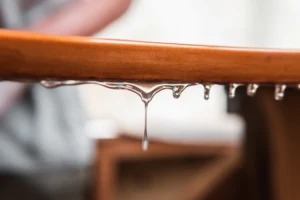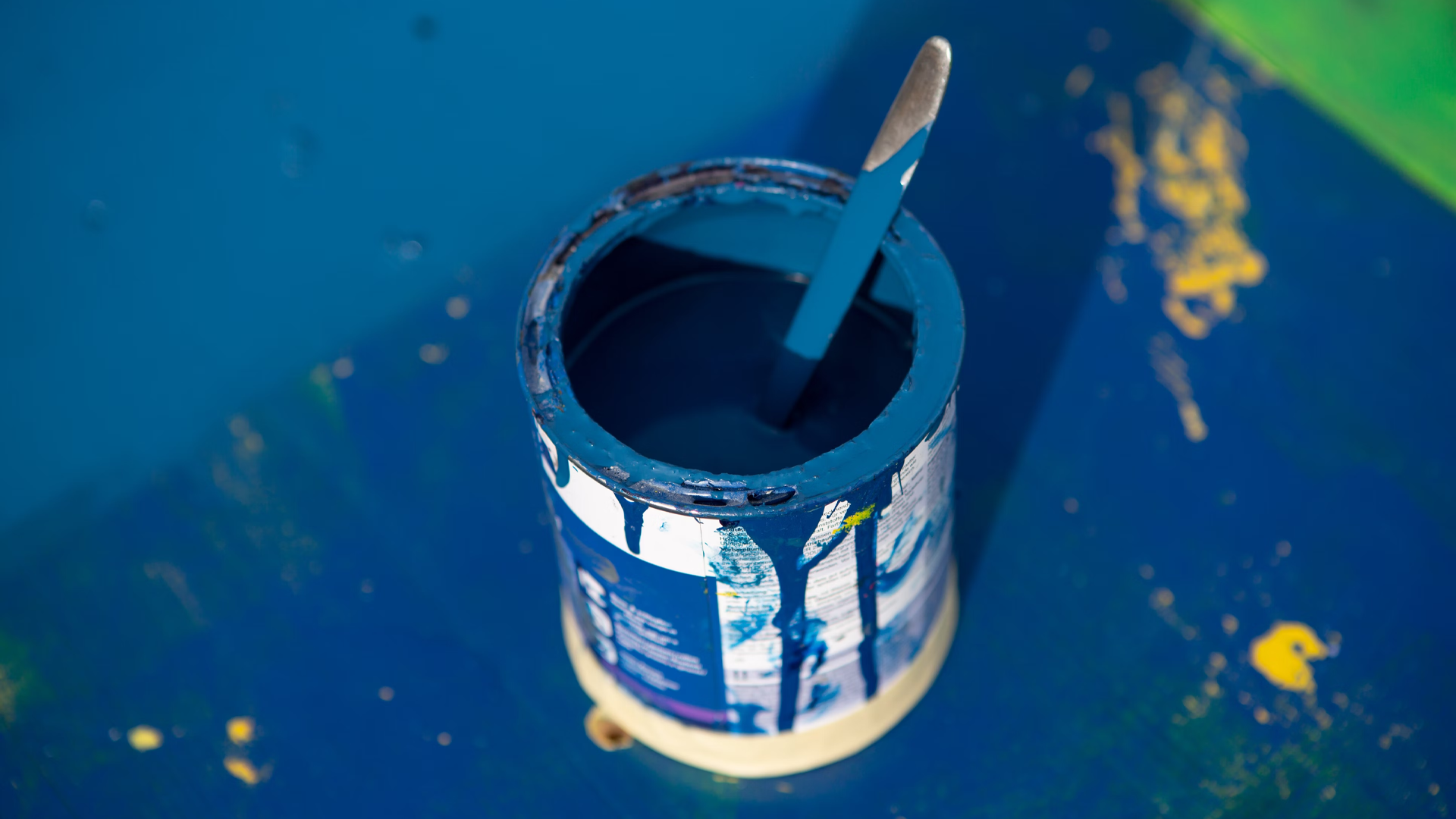Epoxy’s best quality is its capacity to seal and give a waterproof and non-corrosive protective layer, in addition to having excellent filling and adhesive properties. Epoxy resin is a very adaptable material that finds use in a numerous applications, including residential, commercial, and industrial ones. It is an essential and practical item to have on hand for all those necessary maintenance, building, and repair tasks. Both professional engineers and contractors, as well as many homeowners, utilise the epoxy.
Epoxy is a highly effective waterproof compound used to waterproof various locations, including homes and building sites. Epoxies are primarily employed as coatings in a variety of sectors, particularly in the building of houses.
Advantages of waterproof epoxy resin
An excellent method to always have a versatile repair and maintenance material on hand when you need it is to have waterproof epoxy resin in your toolbox. Waterproof resin is a great material for various activities around the house and several craft and hobby projects. The advantages of epoxy resin include the following:
- Observance of Several Substrates: Epoxy resin can be used with any craft or DIY material, including metal, wood, glass, masonry, rubber, and plastic. Two-part epoxies fill and bond to form a hard plastic as solid as the surfaces they cling to.
- Better Bonding: The 2-part system of hardener and adhesive and their thermosetting reaction are the key to epoxy resins’ high-performance bonding and strength; this chemical interaction results in a strong connection.
- Secures & Guards: Waterproof Epoxy resin is used to coat and seal surfaces, protecting them not only from moisture but also from impact and corrosion. This shield substrates from corrosive substances like oil and solvents as well as general wear and tear.
Different Epoxy Resins
Epoxy comes in at least 16 different forms. This comprises waterproof or water-resistant adhesives and sealants as well as general or construction adhesives that can withstand high temperatures. They are often organised based on how long they last and how well they stand up to heat and other conditions. Remember that if handling hazardous compounds, wearing a mask is crucial.
Epoxy as a Binder
Epoxy resins are considered structural adhesives in the world of adhesives. This indicates that they are robust enough to withstand force and load-bearing tasks. This explains why epoxy resins are used to hold together the majority of houses, cars, and motorcycles. This strong substance can be applied to metal, plastic, wood, cement, and other surfaces.
Epoxy as a Sealant
When you use waterproof epoxy to mend anything around the house, the work will last many years. Most of these should dry clear or to a natural hue and blend in perfectly with your surfaces, making them excellent choices for bathroom or kitchen repairs. They can also be applied to your drains to prevent metal corrosion or used to repair or seal holes and leaks in plumbing.
Why is epoxy waterproof?
These are a few fundamental and obvious explanations for why epoxy is waterproof. Let’s look at it!
- Epoxy adheres to the surface so tightly that as it cures over time, it forms a substantially impermeable covering. Water cannot, therefore, enter the area.
- Epoxies are brittle and may fracture if the substrate’s surface does. As a result, if these fissures develop, water may enter them; otherwise, there would be nowhere for water molecules to condense and wet the epoxy.
- Also, the strength of epoxy’s adhesive bonding makes it difficult or even impossible to detach it from the substrate physically.
- Because the epoxy is also airtight, water cannot pass through the lateral voids between the substrate and epoxy.
How to achieve higher waterproofing?
- The film thickness: The quantity of waterproofing you need will determine how crucial the coating thickness is. You will need extra thickness if you use epoxy to keep moisture out.
- Type of chosen Epoxy: Your choice of epoxy resin Epoxy comes in a wide variety of forms, and they are all unique. Every type of epoxy is uniquely created for a variety of uses. You must choose the appropriate epoxy for the job if you plan to submerge your object in liquid.
- Epoxy curing time: The manufacturer will explicitly specify the minimum curing time required when the epoxy you want is to be used on an item that will be submerged. Each epoxy product will have a different curing time. A suitable period will typically be seven days at 75°. You will develop solvent entrapment if you don’t adhere to this curing time.
- Several manufacturers state that you can apply the epoxy while the item is still wet in particular situations. This is not a smart idea; always ensure your item’s surface is thoroughly clean and dry before applying the epoxy.
- The base material, also known as the substrate: Even if the base material is made of a hard material, if it cracks, your epoxy will eventually crack as well. Although flexible epoxies are available, let’s be honest: everything will break eventually.
Conclusion
Epoxy is a substance that is very resistant to water. Many kinds of materials have varying epoxy resistivities. Even so, most of them are thought to have very high water resistance. Epoxy-coated wood demonstrates the material’s strong water resistance. Epoxy coating on wood has a water absorption rate that is more than 50% lower than that of alkyd varnish, another resin. Epoxy is water resistant when it is dried out.






